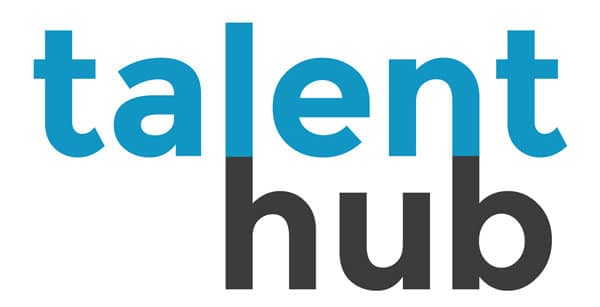At Talent Hub, we speak to Salesforce professionals of all levels on a daily basis, many of whom are looking for a new challenge themselves, or are wanting to hire a great new Salesforce team member.
One of the questions we are most commonly asked is: “What is the market rate for X position?” and we regularly hear salary expectations that are based on articles found online or conversations with peers.
Talent Hub are well placed to provide insights into the range of salaries on offer or being sought in the ANZ Salesforce market but this of course is not a black and white matter and within this grey area, there are some considerations to take into account when setting your expectations or planning your new budget.
Bringing value
Everyone in the market is unique and can offer a different skill set and experience to a company. What you need to consider when either hiring or looking for a new opportunity is the amount of value that you/the candidate will bring to the specific role rather than what other positions are paying or other people are earning.
Every Salesforce environment is different and working with a basic Salesforce Org is entirely different to working in a larger, more complex environment. If you haven’t worked in a challenging Salesforce environment with complex projects then the value you bring to a new client may not demand the same salary as someone who has. This means that we regularly see candidates or clients pricing themselves/their requirement out of the market by misjudging the value of experience.
Years of experience V’s breadth of experience
Salesforce professionals often compare themselves to peers based on the number of years experience they have which is not a great indication of knowledge or the amount of value they can add. In some cases, working for five years on small projects might not give you the breadth of experience that two years on larger, more complex projects would. We also see hiring managers making the mistake of holding out for a certain number of years experience rather than focusing on the breadth of experience itself.
Certifications
Certifications can definitely be a massive help to any Salesforce professional when it comes to differentiating from their competition and validating their knowledge. Some companies place less importance on these than others and depth of experience can be seen as a better bet than someone who has numerous certifications but less hands on work. We find that adding certifications to your arsenal is valuable but will not instantly boost you into a new pay category unless you become a CTA or less so a Platform II Developer.
Job titles
Job titles can be extremely misleading when it comes to gauging whether someone should be earning less, on-par or earning more than a peer. Each organisation have different internal naming conventions, and each hiring manager has different expectations of what employees at varying levels should be doing/have responsibility for. For instance, Salesforce Platform Managers at two separate companies can have entirely different backgrounds, levels of seniority and responsibilities therefore salaries can vary by as much as 40-50k.
There are also cases in the Salesforce partner sphere where some Senior Consultants for one partner would not make the cut for a Junior Consultant position in another. A job title can help to filter candidates in the initial stages of recruiting/working out a salary bracket, but without knowing the ins and outs of someone’s role, it is extremely difficult to make an informed decision on whether they should be paid comparatively to others.
Attractive Company or Organisation
A company’s reputation in the market can also greatly affect the salaries of the Salesforce professionals that they attract. A top tier company with years of experience and know-how can have a fantastic reputation in the market and candidates will be keen to join them to learn and gain the experience for their resume – despite maybe receiving below a perceived market rate.
On the flip side, a company with either a bad reputation or a lesser known start-up may need to pay a little more aggressively to entice talent from the more attractive larger brands and this is one of the reasons that you may sometimes hear or read that an incredibly generous salary is on offer.
Final thoughts
Our advice when looking to move role or hire a new team member is to take each role or candidate on their merits and to evaluate how this new role / new person will help you achieve your end goals. Work out the value that the role brings to your career or the value the new employee will bring to your business and strive for an arrangement that works for all parties. Just because your peer earns X or your last company paid Y, it doesn’t mean you should set your expectation/budget on this. No two roles are exactly the same and no two candidates bring the same level of expertise so be sure to look into the above points when looking/hiring within the Salesforce space.
Talent Hub are always available to advise and inform you on the range of salaries in the market so please get in touch for a confidential discussion, and remember to check out our live roles here.

